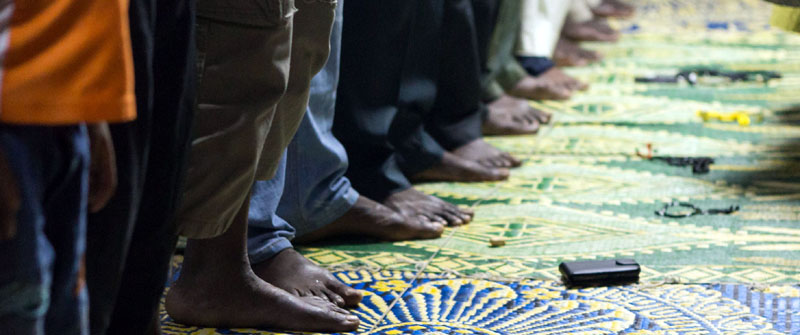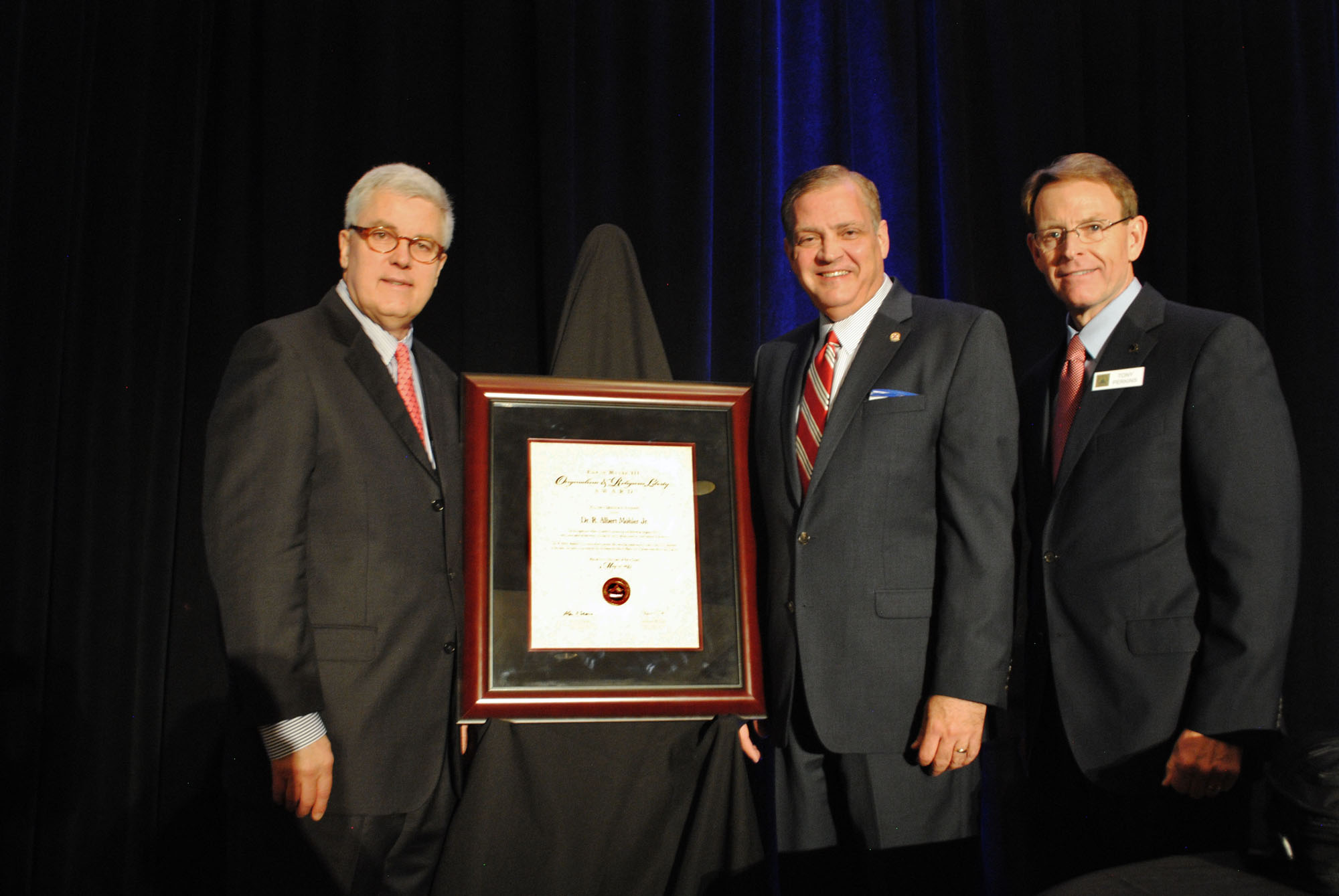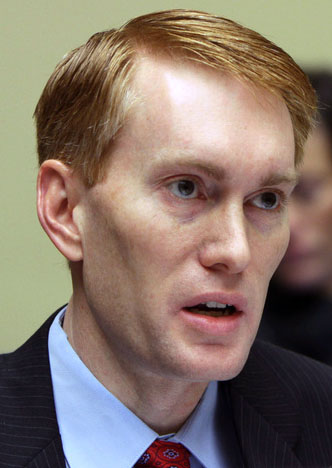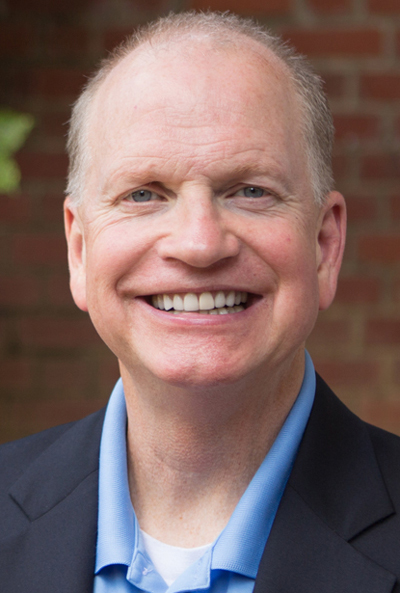
[QUOTE@left@180=“I find it appalling.”
— Russell D. Moore]WASHINGTON (BP) — The U.S. Senate’s failure to vote on an ambassador for international religious freedom before adjourning for eight weeks essentially to campaign is “a disgrace,” said Southern Baptist public policy leader Russell D. Moore.
The Senate adjourned late Sept. 18 without voting on the nomination of David Saperstein to the vital State Department post. The action enabled senators defending their seats to return to their states to campaign before the Nov. 4 election.
Early Sept. 18, Moore had strongly urged Senate Majority Leader Harry Reid to allow a confirmation vote on Saperstein before adjourning. As a reason for immediate action, Moore pointed to the high level of persecution of Christians and other religious adherents overseas.
“Senator Reid controls the Senate schedule and made the decision to get back on the campaign trail rather than vote, up or down, on this nomination, despite the fact that the whole world is on fire on issues of religious liberty,” Moore said today, Sept. 23, in a written statement to Baptist Press.
“I find it appalling,” he said. “We need all the diplomatic and intellectual energy we can muster on these issues of human rights and global security. The Senate decided that their own immediate political futures were more important to them than helping imperiled religious communities around the world.”
The Senate — which must confirm Saperstein before he can begin serving as the State Department’s leading advocate for global religious liberty — will not reconvene for business until Nov. 12. In the meantime, it will hold a series of pro forma sessions in which no business will be conducted. Senate Democrats, led by Reid, are seeking to maintain their majority, but polls indicate they face a difficult challenge if they are to do so in the election.
The delay in a confirmation vote on Saperstein, director and counsel of the Religious Action Center of Reform Judaism, comes as Christians and other religious minorities are undergoing widespread persecution internationally. Research shows 5.3 billion people, or 76 percent of the world’s population, live in countries with high restrictions on religious freedom from the government or groups in society.
Iraq and Nigeria especially are sites of intense suffering by people of faith. The terrorist movement known as the Islamic State of Iraq and Syria has committed atrocities against Christians, Yazidis and other minorities, especially in northern Iraq. Meanwhile, Boko Haram, also a militant Islamic group, has continued its reign of terror in Nigeria. In the last five years, Boko Haram has killed about 15,000 Christians and destroyed or bombed more than 200 churches, a government official has reported.
In a Sept. 11 confirmation hearing, Saperstein promised to use his post, if confirmed, “fervently (and fiercely) to advocate for the rights of individuals to choose, change, and practice their faith safely, to end blasphemy and apostasy laws, and without government interference or the threat of violence or marginalization, to ensure that people are free and safe to assemble, worship, teach, learn, and share their faith with others.”
He also promised in his written testimony to attempt to “engage every segment” of the State Department and the rest of the federal government “to integrate religious freedom into our nation’s statecraft: counter-terrorism, conflict stability efforts, economic development, human rights.”
Saperstein strongly advocated for passage of the International Religious Freedom Act in 1998 and served as the first chairman of the U.S. Commission on International Religious Freedom, the bipartisan advisory panel established by the law. He was on the commission from 1999 to 2001.
He has advocated positions opposite those of the ERLC and other pro-life and religious liberty organizations, however. Saperstein, who was a member of Obama’s Advisory Council on Faith-based and Neighborhood Partnerships from 2010 to 2011, backs abortion rights. He criticized the Supreme Court’s June opinion in the Hobby Lobby case that supported the religious freedom of for-profit employers. He stood at Obama’s side as the president signed an executive order July 21 to extend workplace protections to homosexual, bisexual and transgender employees of federal contractors. Other religious liberty advocates said the religious exemption in the order would prove inadequate.
After Saperstein’s nomination, Barrett Duke, the ERLC’s vice president for public policy and research, said he disagrees with Saperstein on social and theological issues but believes he “would be a tireless, eloquent, fair-minded, effective champion” as ambassador.
In a July 15 letter, Moore urged Obama to name an ambassador quickly and suggested Rep. Frank Wolf, a retiring Republican representative from Virginia, for the post. Suzan Johnson Cook resigned as the ambassador in October. Wolf has been a champion for global religious liberty during his 34-year House career.



















